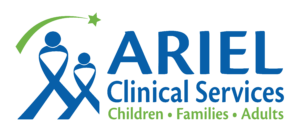Foster Care FAQ
Colorado is committed to inclusion. There are no restrictions on who can foster based on race, ethnicity, religion, sexual orientation, gender identity or expression, or marital status. Adoptive and foster parents must be at least 21 years old, pass a background check, complete training and receive a home study. Foster parents must be able to use sound judgment like a prudent parent and demonstrate a responsible, stable and emotionally mature lifestyle.
- You can be single, married or have a domestic partner
- You can own or rent a home, condo or apartment of any size, but you must have room for a child.
- You can work inside or outside the home. Couples with both partners working outside the home are also eligible to be foster parents.
- You must be at least 21 years of age.
- You must have sufficient income to support your family.
- You must be able to physically care for a child or youth.
- You must pass child abuse and criminal background checks required by state and federal laws.
- You must be able to work with a treatment team and be willing to go to ongoing training.
- Intense home study (several visits in home, interviews with everyone living in home, discussion about history, beliefs, child rearing and more)
It depends. The applicant must complete State application, medical forms, background checks, pre-certification training hours, an approved home study and more. Only after all these steps are completed will they receive foster home certificate.
Foster parent are paid a monthly stipend to offset the cost of providing care for the child. The rate varies depending the age of the child and level of care required. Foster children are covered under Medicaid for medical and dental care.
A child or youth may be in foster care for one night, several months or, in some cases, several years. Every effort is made to reunify children with their parents. The time spent in foster care is dependent upon each parent’s situation and their ability to engage in services to keep the children or youth safe so that they can be reunited.
Children may leave foster care to live with a relative or another adult with whom they have a significant relationship. This is referred to as kinship care.
We encourage contact between foster parents and birth parents based upon the treatment team’s recommendation. Contact with the birth family may ease anxiety and reduce loyalty issues for children in foster care.
Adoption FAQ
Children in foster care are placed with the intention that their stay in foster care will be temporary. The goal is always that children can safely return to their birth parents or birth relatives when possible. In many cases however children do not have a safe alternative in their birth family and that is when the adoption from foster care can happen. The process to adopt from foster care must be carefully considered with the long- term well- being of the child always in the forefront. It can be very tenuous at times for the foster parents and the process requires patience and the ability to accept that a child you love may go to another birth family member if one is found. It can be very heart wrenching but so heartwarming if you can become the forever family to a child in need. It’s an incredible gift.
This issue is not addressed under Colorado law. This means that any agreement about open adoption in Colorado is based only on a promise, and will not be enforced by a court. CRS 19-5-208(4.5)

